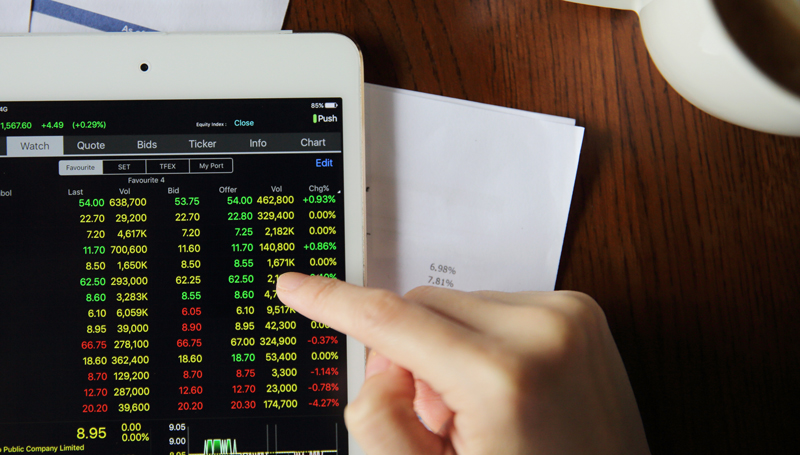
Gold 1639,05
|
EURUSD 1,1138
|
DJIA 26834,50
|
OIL.WTI 47,45
|
DAX 12273,90
|
|---|
The U.S. held a “Super Tuesday” at which the choice for future candidates from the democratic party was made. The leader was Joe Biden, former vice president, who tried to participate in the presidential race more than once. The second was Bernie Sanders, one of the most “long-playing” politicians in the US Congress. He was also one of the candidates for the presidential election in 2016.
The S&P500 chart of the day

Markets were waiting for a decision, and already on Wednesday the American primaries started working. In general, we saw a positive result after such a serious decline last week. Indices went up and started to recover. DAX is growing slightly more than 1%, S&P500 and Dow Jones are almost close and adding 3%. Investors were given a chance to catch their breath and gather their thoughts. Primaries in the USA changed the news background on coronavirus and drove away the panic.
EURO
As we estimated, the overbought Euro declined slightly in the trading session on Wednesday. It is a market, so it cannot move up or down all the time. There should be some moments of correction. Surprisingly, the Euro has once again pushed back from the 200 SMA. A strong level is letting itself be known. All investors are waiting for statements from ECB. Most likely, the European Central Bank will have to take some monetary easing actions and this is likely to put pressure on Euro. It is quite possible that the Euro correction will continue and the price will try to break through the 200-day moving average once again.
Japanese Yen
It’s been a long time since we talked about Japanese Yen. Currency which has always been considered a “refuge” is on the verge of losing its authority. Japan’s economy shows very disappointing figures, the Central Bank promises twice as much as it does. Against the backdrop of the spreading coronavirus, the Japanese Yen was weakening very quickly. Now it strengthened rapidly against the weakening dollar. Does this mean that the yen still has its strength as a stable currency for saving? In the near future, we will see the answer because the rate of investment in the Japanese economy is declining. It is quite possible that after the release of all the risks to the Japanese economy due to the current situation, the Yen will weaken significantly, as local investors will have to look for new offshore investments to make profit.
What is waiting for us today?
01.30 Trade balance in Australia for January
11.00 OPEC meeting
18.00 Statement by the Governor of the Bank of England
Important Notes on This Publication:
The content of this publication is for general information purposes only. In this context, it is neither an individual investment recommendation or advice nor an offer to purchase or sell securities or other financial products. The content in question and all the information contained therein do not in any way replace individual investor- or investment-oriented advice. No reliable forecast or indication for the future is possible with respect to any presentation or information on the present or past performance of the relevant underlying assets. All information and data presented in this publication are based on reliable sources. However, Bernstein Bank does not guarantee that the information and data contained in this publication is up-to-date, correct and complete. Securities traded on the financial markets are subject to price fluctuations. A contract for difference (CFD) is also a financial instrument with leverage effect. Against this backdrop, CFD trading involves a high risk up to the point of total loss and may not be suitable for all investors. Therefore, make sure that you have fully understood all the correlating risks. If necessary, ask for independent advice.














